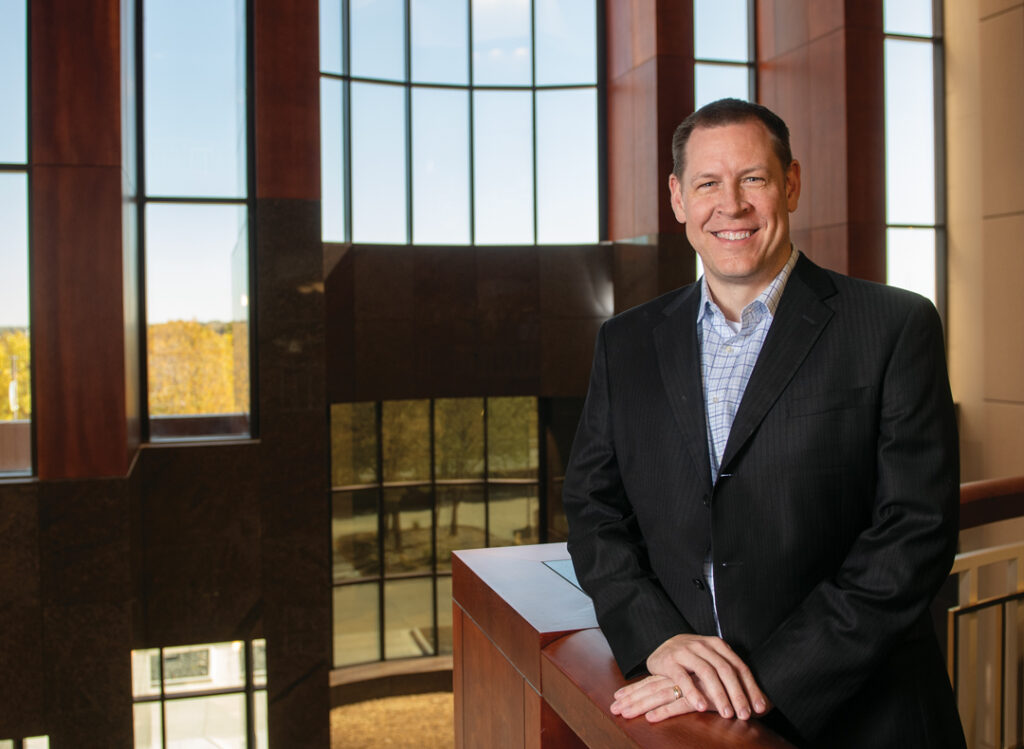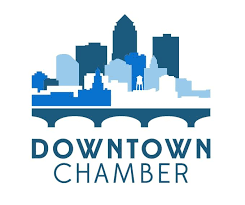Closer Look: Jennifer Brown
Economic development coordinator, city of Waukee

KATHY A. BOLTEN Aug 16, 2021 | 8:43 pm
5 min read time
1,191 wordsA Closer Look, Business Record Insider, Economic DevelopmentCentral Iowa is a familiar place to Jennifer Brown, a Wisconsin native who recently was tapped to be the city of Waukee’s economic development coordinator.
Brown, a graduate of Central College in Pella, worked for a lawmaker in the Iowa Legislature for a couple of years before moving to Washington, D.C., and working on the staff of Iowa Sen. Chuck Grassley.
Brown and her now husband, Kevin Brown, decided they wanted to put down roots in the Midwest and moved to Green Bay, Wis., where Jennifer had landed a job.
“The Midwest is not only home but we enjoy that quality of life aspect, which really is second to none,” Brown said.
Brown and her family stayed in Wisconsin for nearly 20 years. When Waukee advertised the economic development job, Brown jumped at the opportunity to return to Central Iowa.
“I went to college here. I met my husband here,” she said. “We’ve been coming back to Des Moines for a number of years because my husband’s family lives here.”
Brown said she is impressed with the growth of Waukee, a Dallas County community that in 2010 had 13,970 residents and now has more than 23,000.
The growth in population means there are myriad development opportunities, Brown said.
“There’s a lot of developable land available in Waukee,” she said. “The projected growth of Waukee is quite substantial. It’s exciting to be part of a growing community.”
We recently caught up with Brown.
How did you get interested in economic development?
I always knew I wanted to be in some service role – civic leadership, civic service. I wasn’t 100% certain what that format looked like. Initially, I started my undergraduate [education] in political science.
[Brown worked for two elected officials before moving to Green Bay.] There was a job in economic development open and I thought that it could be a good fit. I sent them my resume and I got the job. So actually, I fell into economic development. It’s really not a sexy story.
What has kept you in economic development?
First and foremost, the relationships and the relationship-building, not only with the business community but also bridging the gaps between organizations. I’ve not only been in municipal government but I’ve also had the opportunity to lead an economic development organization and I’ve worked for a chamber of commerce.
I’ve really been able to diversify – a term that is probably overused – in economic development roles. It’s been exciting to be part of the relationship-building, whether it’s being part of the real estate aspect of economic development or just connecting people to opportunities and helping solve problems within the communities themselves.
What project or projects are you most proud of being part of?
For me, a project can not only be one that is the greatest investment for a community but can also be the greatest loss for a community. When there’s a great economic loss to the community, rallying the troops, bringing people together and saying, “How are we going to deal with this loss?” and then putting together a strategy for economic recovery can be things to be proud of.
In one of the communities I served, a nuclear plant said it was going to shut down. The community was going to lose 600 jobs and the economic impact of the closure was more than $600 million. Not only was it the largest employer in the community, it also paid the highest wages.
Some might say, “Why is that something you’re proud of?” A lot of partnerships were developed; a lot of efforts were put into bringing people together and putting together an economic recovery plan that made sense for the community. I’m very proud of that.
In the city of Green Bay, we had a 300-plus-acre business park that I had an opportunity to work with developers and single-business owners, from hotels to a private hospital. … It was still an opportunity for me to work with the community. I put together a marketing plan for the business park and also worked to help grow the tax base there.
What attracted you to Waukee?
I had an opportunity to come and meet with the community before taking the job. I got a tour of the area, and that just solidified the deal. The education facilities blew me away. Just looking at the Waukee Innovation and Learning Center – that’s just such an asset not only to the community, but to the region. These types of facilities can help advance adult learners and entrepreneurs. That was just one thing that was exciting to me. As I was touring the city, I thought that it was well designed and well thought-out. The amenities that are here will attract more residents, and more residents mean more businesses. That also means we can attract new employers because they will have the staff that they need.
What have you learned about Waukee that you didn’t know before taking the job?
I didn’t realize how many new residents Waukee is getting [annually]. When you see the single-family permit numbers and drive through the developments and see it actually being built, it kind of blows you away.
And I’ll reiterate: It’s a very well thought-out city in terms of planning and the infrastructure. You see how they stub out the streets, so that’s for the future and it’s already planned. The main streets are already at the width they will need to be for the future growth. A lot of communities don’t do that. I think that’s great for future planning and it also reduces spending in the future.
You’ve been with Waukee since May. What are your top priorities?
My top priority is an economic action plan. I’m visiting with the existing business community and learning from them. … I will be assembling an economic action plan that I’ll present to the council. [The plan will include] the downtown triangle and revitalization of that area. It’ll focus on how we, as a community, want to revitalize that area and what types of incentives are available for that area. … We also want to make sure we’re doing a great job marketing property that is available for development.
What does Waukee need that you want to attract here or expand here?
I can answer that from what everybody is telling me: All I hear is Target. “Give us a Target and we’ll be happy.”
We recently had the announcement about the KeeTown Loop [Entertainment District]. That’s a pretty fantastic announcement that we’ll have a 3,500-seat entertainment venue and a lot of ancillary and supporting developments.
If someone came to Waukee today and returned in five years, what would they see that is different?
First, I think that the Apple data center would be here, or at least some portion of it. I think that there would be more school, more educational facilities. There would be a lot more development to the north, so you’d see a lot more residents. And then you would see a lot more commercial growth to the north as well. I think you’d also see Waukee’s boundaries expand.










